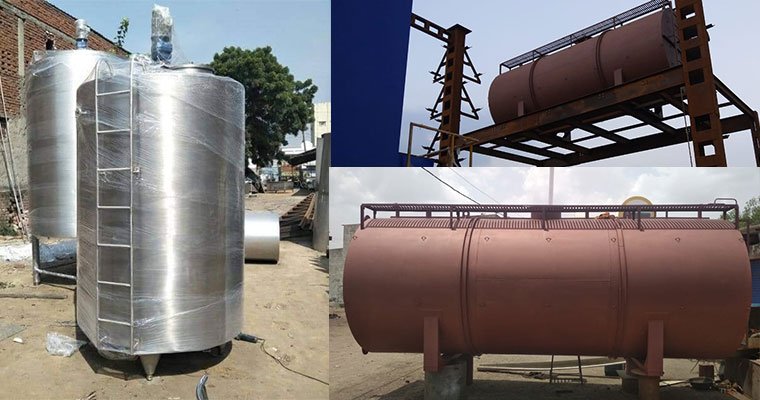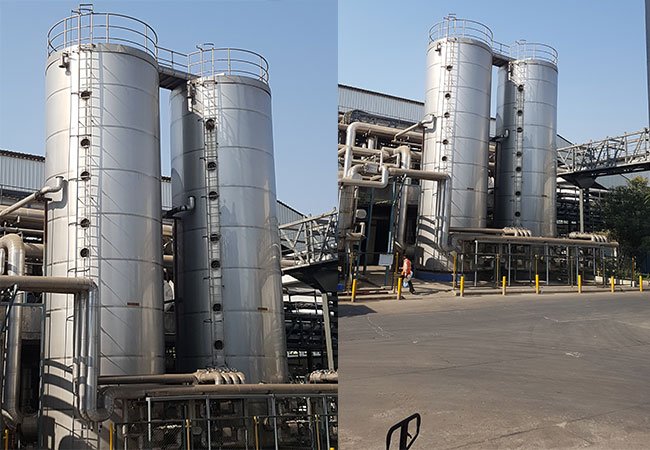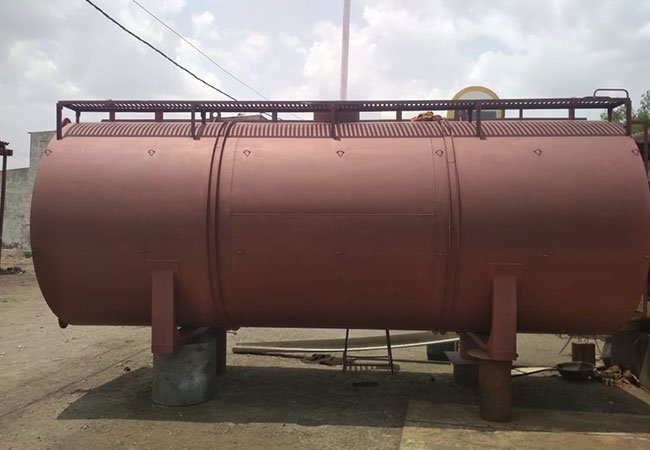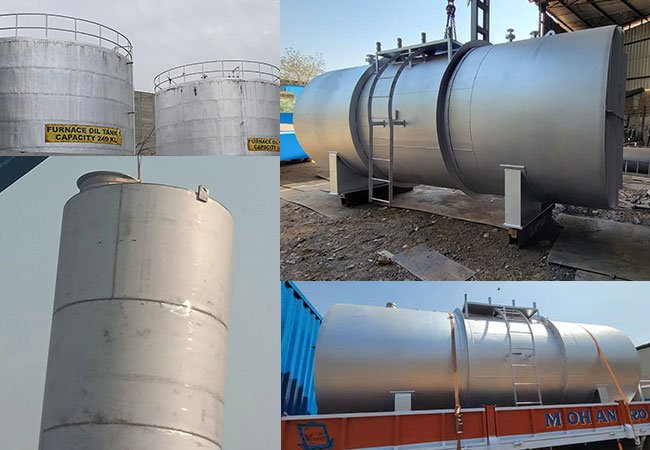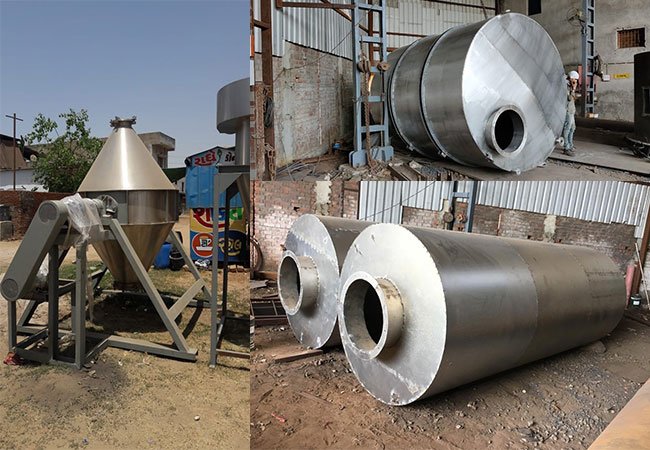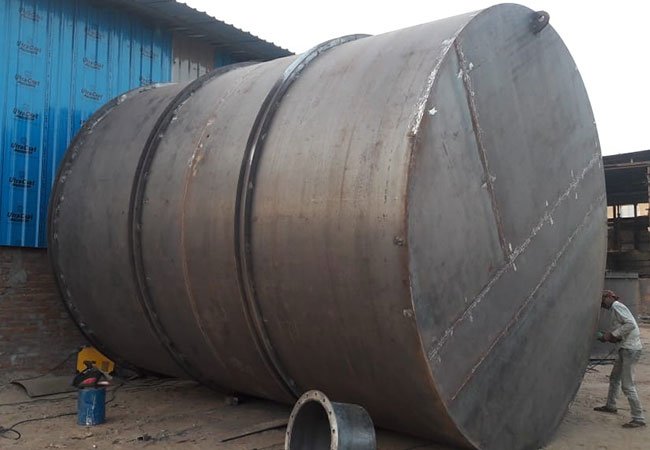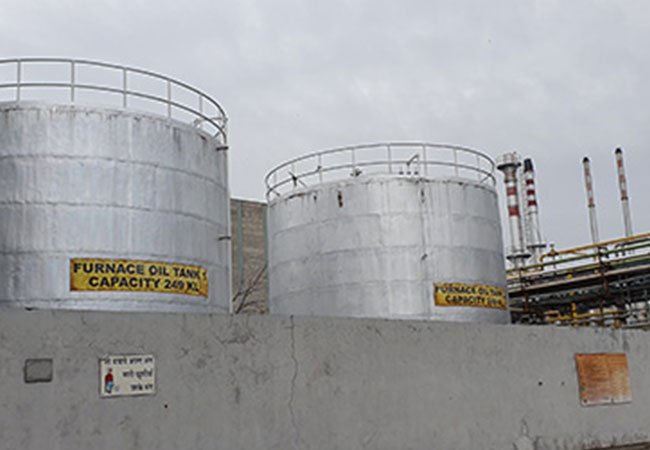An industrial heavy tank typically refers to a large storage tank used in industrial settings to hold and store liquids or gases in significant quantities. The Krishna Industries make Industrial Heavy Tank are crucial assets for various industrial processes, as they enable the efficient and safe storage of large quantities of substances critical for manufacturing, energy production, and other industrial operations.. Our tanks are commonly found in various industries such as oil and gas, petrochemicals, chemical processing, water treatment, and agriculture, among others. They play a crucial role in storing raw materials, intermediate products, or end products, as well as facilitating various industrial processes.
-
Engineers & Contractors
-
Whatsapp Chat
+91 94265 79991
+91 96241 66100
+91 98240 69616

